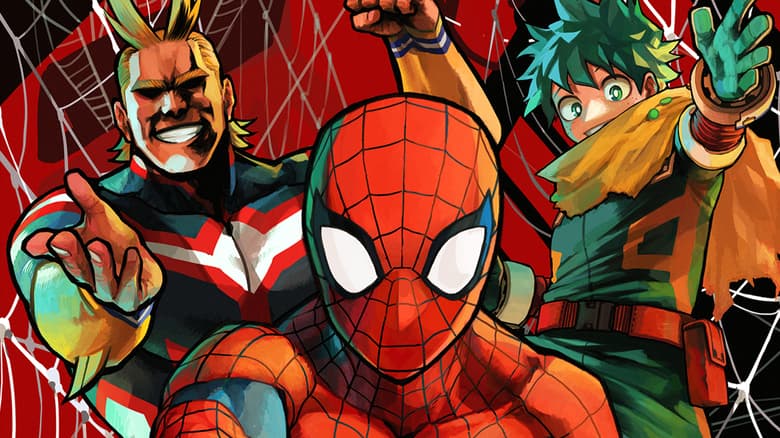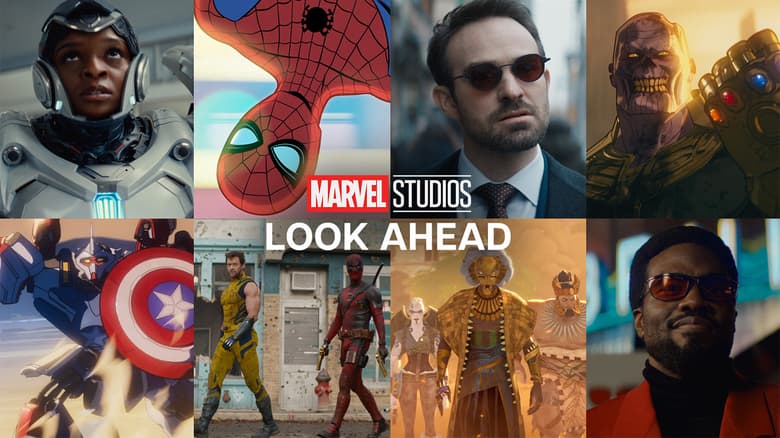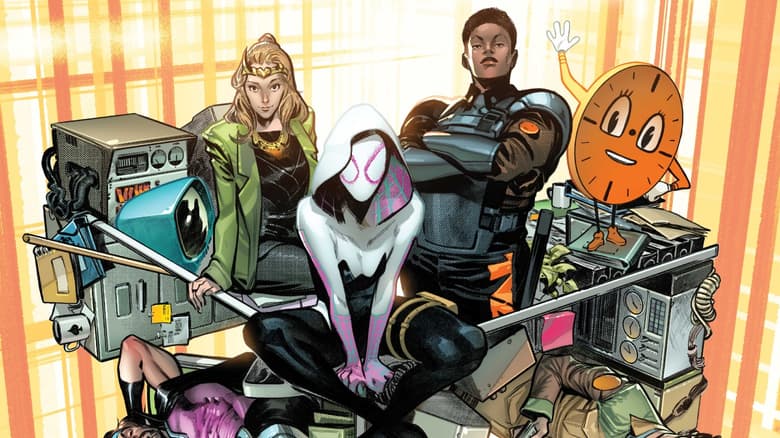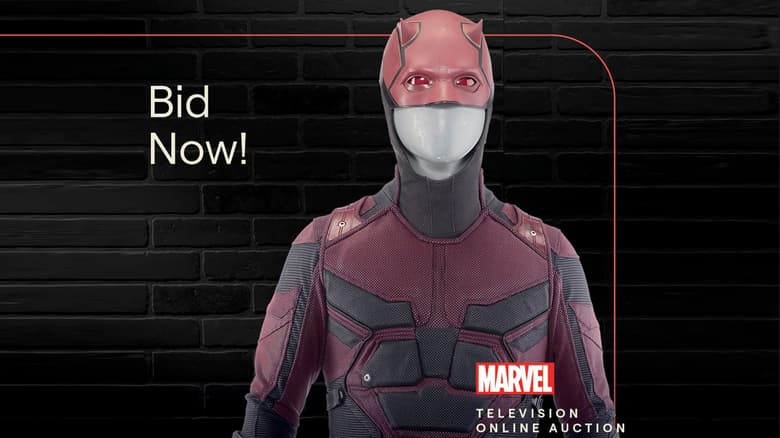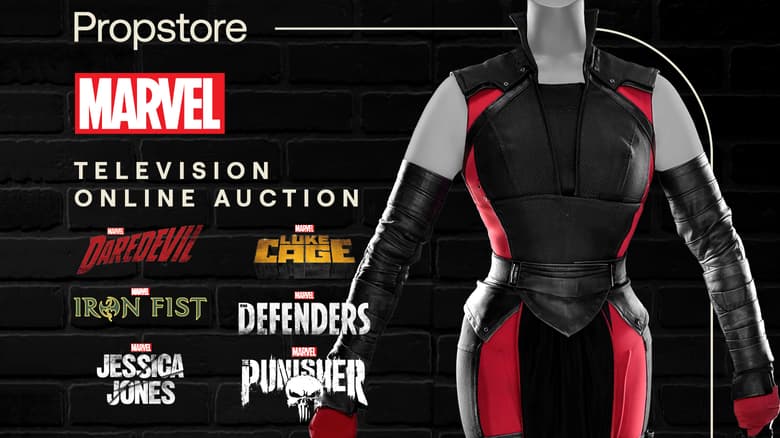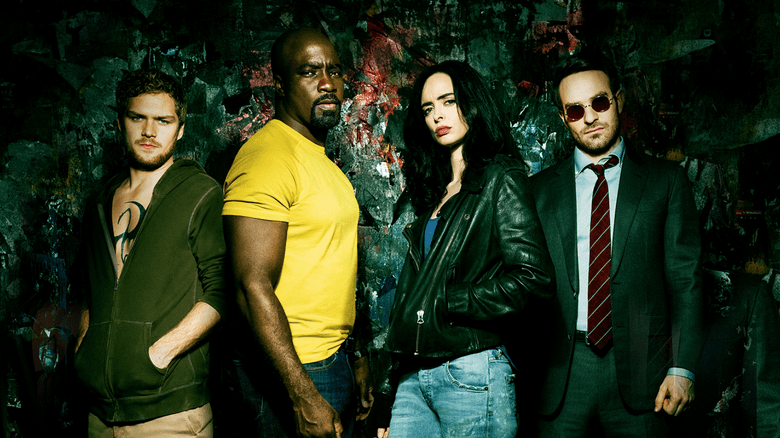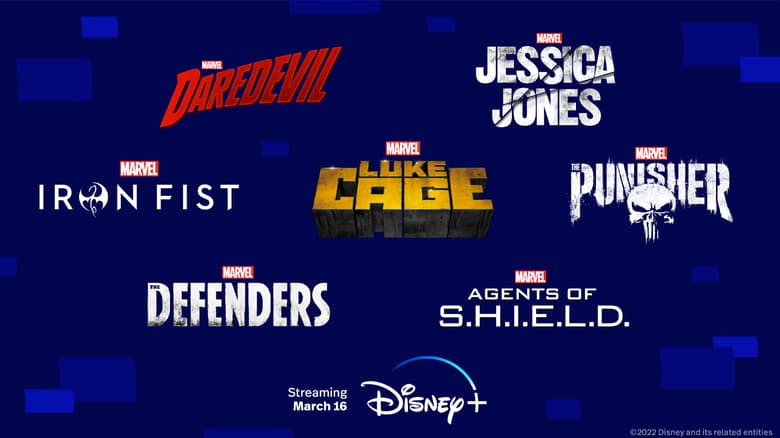‘Marvel’s Daredevil’ Showrunner and a ‘Marvel’s Agents of S.H.I.E.L.D.’ Alum Offer Tips for Aspiring TV Writers
At San Diego Comic-Con, Erik Oleson and Monica Breen joined a panel discussing the dos and don’ts of TV writing.
At San Diego Comic-Con Friday, Erik Oleson, Executive Producer and Showrunner of the upcoming “Marvel’s Daredevil” Season 3, and former “Marvel’s Agents of S.H.I.E.L.D.” Co-Executive Producer Monica Breen took part in an in-depth Intro to TV Writing panel, alongside fellow writers Amy Berg, and Keto Shimizu, NBC executive Karen Horne, and moderator Spiro Skentzos.
The panelists offered any aspiring writers in the room – and a show of hands revealed there were many! – plenty of advice, including how to best approach writing a spec script of an existing show.
Breen noted that she and her former writing partner, “Didn’t set out to do it, but we would make people cry [with our spec scripts],” recalling the emotional scripts they wrote that she laughed got reactions like, “That story just stuck in my head and it bummed me out!”
Breen noted, “If you make me cry or bust a gut in the first 10 pages, I will keep reading.
If the story breaks my heart at the end, you will get a meeting,” stressing you want to do something different and something that will make the reader stick with the script. She added, “I can’t stress this enough, because people have these piles [of scripts] in front of them to read...
Make the first 10 pages rock your world! You don’t want to give anyone a reason to say, ‘I’m going to move onto the next one.’ You’re dealing with people who are really overwhelmed and need a reason to move forward. Even if page 50 is awesome, you’re not going to get to page 50, because you have 200 more to read!”
Oleson said a common mistake is writing without telling the story from the perspective of the characters – or neglecting “deep point of view,” as he referred to it -- remarking, “Even if you have a show like ‘Game of Thrones,’ you are going through those characters’ shoes living those scenes before you cut to another storyline where you’re in those characters shoes.” As Oleson put it, “the god-eye view is a barrier” – and can hurt the performance of the cast.
“Deep point of view leads to actors who know why their character is doing what they’re doing,” Oleson said. On the flip side, he explained that if he gets a phone call from an actor asking, “Why is my character doing this?”, it’s probably because in the script, the character are “Doing what the writer wants them to do, vs. what the character would want to do. I throw out about 90% of scripts because it’s not a deep point of view.”
Everyone on the panel agreed that another important component for a TV writer is working well with others, given the collaborative nature of a writer’s room. As Oleson put it, “You can’t be an artist who goes off on your own. It is a team approach.”
Said Breen, “We want you in a room for 12 hours a day, for weeks at a time. We actually need to know we can hang out with you!” She recalled when she was starting out, she would wear uncharacteristic business attire to meetings, but now, “I don’t have a meeting wardrobe, I just have a wardrobe. You can just be you.” That being said, she cautioned, “There are jobs you won’t get because it’s not the right fit. It’s really subjective. This is a relationship. You force a group of people to sit in a room together for a year, endlessly!”
Oleson said that it was natural to be nervous interviewing for a TV writing job, remarking, “I know that. I’m not going to hold it against you,” but that the important thing was, “Come in with ideas and with the flexibility to build on ideas.”
In a TV series writer’s room, the Staff Writer is the lowest rung for those starting out, but Oleson said that doesn’t matter to hjim because, “The ideas are king.”
Elaborating on his approach, he explained, “[For] Marvel’s Daredevil” Season 3, I wanted to make it clear that my writer’s room was non-hierarchical. On the first episode, we had the Staff Writer re-write one of my sequences - and we shot what she did. If her writing was better than mine, we’re doing that. And guess what? It was!”
San Diego Comic-Con runs from July 19-July 22. Watch Marvel LIVE at www.marvel.com/SDCC2018 for minute-by-minute updates on all things Marvel. Join the conversation using #MarvelSDCC

